Knowing blacklisted forex brokers would help you avoid unnecessary loss from trading in the wrong broker. Many are from different forex scams, so it's better to learn about them.

With a daily volume of more than $6 trillion, it is only natural that forex attracts scammers to the industry. These scammers often position themselves as forex brokers. Unlike legitimate brokers, their main objective is to steal their clients' money.
Thanks to the ease of information access and strict regulation, forex scams are not as prevalent as a decade ago. However, their persistent existence indicates that traders still fall for their frauds.
Below is a list of blacklisted forex brokers that have been officially labeled as scams:
- 24FX
- 4xp (closed)
- ACFX
- AGM Markets
- Alfa-Forex
- AlfaTrade
- Atiora
- AXEForex
- Belarta
- BFSforex
- Boston Merchant Financial
- Circle Markets
- City Credit Capital
- DV Markets
- ECMarkets
- FinFX
- FOREX MMCIS (closed)
- Forex-Metal
- ForexCent
- ForexCT
- FOREXer
- FrontStocks
- FW Markets
- FX-Trend
- FXcast
- FxPrivate
- fxUP.me
- FXVIP
- GAINSY
- Global Clearing Group Ltd
- Global Markets Group
- GOptions
- GQFX
- Index Capital
- ITRADER
- Lucror FX
- MaxFX
- MaxiMarkets
- MRC Markets
- MyTrade
- NAS Broker
- NetoTrade
- NewForex
- NWFB
- Opteck
- OptionRally
- Panteon Finance
- Real Trade Group
- RFXT
- RVD Markets
- STForex
- SunbirdFX
- Super Trading Online
- Tenko FX
- TOPFOREX
- Tradaxa
- TreadeFred
- Varengold FX
- Vector Securities
- Vertical Markets
- VerumFX
- Vipro Markets
- XGLOBAL Markets
- youtradeFX
- Z.com Trade
- ZarFX
- ZebraFX
There are various reasons why these brokers are on this list. The reasons include but are not limited to lack of regulation, failure to fulfill their obligations to traders, difficulty in fund withdrawals, manipulative trading practices, etc.
Types of Blacklisted Forex Brokers
Blacklisted forex brokers are those that have been flagged for engaging in unethical or fraudulent activities, or have a history of poor customer service and regulatory violations.
While the specific list may vary depending on different sources and regulatory bodies, here are some common types of blacklisted forex brokers:
See Also:
1. Fly-by-night Brokers
This is the type of blacklisted broker that will grab your money very quickly and fly away at night to evade their responsibility. They come fast, and they go even faster if they have already got what they want.
They operate by setting up a website that often looks very plain and simple. On it, they will write bogus claims of easy and big profits, or anything that could attract you into investing with them. But once you make a deposit, they will disappear either by declaring bankruptcy or announcing nothing at all.
Regardless of what narrative they go with, you lose your money. Visiting their website will be pointless because at this point it has already closed down. In fact, this type of scam is so ubiquitous that many websites are launched and closed down within less than a year.
2. Pyramid Schemes
Forex is not a pyramid scheme, but some so-called brokers do operate as MLM companies. Just like any other pyramid scheme, they promise you a dream-like life where you can quit your job and travel around the world while money keeps pouring into your bank account. This is how forex pyramid schemes usually do their business.
First, they will ask you to pay an entrance fee, and then you will be asked to buy their products such as training videos, trading signals, and other products to improve your trading skills. You do not make money by trading forex. Instead, what you actually do is to recruit more investors into the scheme and ask them to buy the company's products so you can earn a commission fee.
3. Bucket Shops
Bucket shops are brokers that have unethical trading practices. Unlike fly-by-night brokers and pyramid schemes, bucket shops do have functioning trading activities, albeit for malicious intents.
In general, the term bucket shop is associated with brokers that engage in bucketing transactions. Bucketing itself refers to practices by which brokers illegally generate profits from their clients' trades, such as frequent price misquotes or re-quotes,s in order executions, etc.
For example, a trader executes a buy position of EUR/USD at 0.8294. The broker confirms the transaction has been made while the truth is the order will be executed later when the price is at 0.8298.
The difference of 4 pips is kept by the broker as their own profit; a fact that will never be revealed to the trader.
How to Recognize Blacklisted Forex Brokers
In today's era, information is accessible to anyone within minutes. Identifying blacklisted brokers is not as difficult as it used to be.
But traders, particularly novices, are still prone to scams. Scammers are also evolving to trick their unsuspecting victims. Additionally, not all blacklisted brokers shut down their operations. Some of them can still be offering their services on the internet.
Regardless of what methods they use, you can identify blacklisted forex brokers with these suspicious attributes.
Promises of Big Profits
Brokers with this attribute are undoubtedly scammers that seek to trade their empty promises with your money. It is pretty much accepted as a fact that forex trading does not guarantee profits, let alone big ones.
Also, it's worth noting that only a small portion of beginners are able to make money consistently in forex trading.
Claims of No Risks
Risks go hand in hand with profits in forex trading. The bigger the risks, the bigger the profits. If brokers claim that there are no risks, how can traders make profits? Besides, it is not up to brokers to decide the magnitude of risks that traders have to deal with.
It entirely depends on each trader's strategy, plan, and risk management. On the opposite, brokers that offer high leverage but do not warn you about the high risk should also be avoided, particularly by new traders who will potentially lose their funds with such trades.
No Reputable Regulation
If the points above do not raise a red flag, checking on a broker's regulation is one of the easiest ways to decide whether the broker is legit or not.
A regulatory license is of the utmost importance. We can't stress this enough. Any reliable broker always holds at least one license from reputable regulatory bodies.
Below are some of the largest and most reliable financial market regulators. Make sure you double-check on a broker's regulation on the regulator's website as it is not unlikely for scam brokers to fabricate their regulation.
| Country | Regulator |
| UK | Financial Conduct Authority (FCA) |
| USA | Commodity Futures Trading Commission (CFTC) |
| Australia | Australian Securities and Investments Commission (ASIC) |
| Switzerland | Swiss Financial Market Supervisory Authority (FINMA) |
| Canada | Investment Industry Regulatory Organization of Canada (IIROC) |
| Cyprus | Cyprus Securities and Exchange Commission (CySec) |
| Japan | Japanese Financial Service Authority (JFSA) |
| Hong Kong | Securities Futures Commission (SFC) |
| Singapore | Monetary Authority of Singapore (MAS) |
Unprofessional Practices
These can take form in many ways. One of the most common is to be frequently contacted by a forex broker that you know nothing about, and that person offers his assistance to help you gain big profits.
Do not waste your time on this kind of call. If you are asked to provide information about your credit card, this is 100% a scam. Another sign is if you have difficulty in withdrawing your funds and the broker proceeds to give you thousands of excuses.
Questionable Platforms
Reliable forex brokers will provide well-performing platforms for their clients. They may use third-party platforms such as MT4, MT5, cTrader, or build their own proprietary platforms or even do both.
On the other hand, scam brokers will not bother to pay a premium fee for a platform license, let alone dedicate their time and money to build a proprietary platform.
Dubious Business
Brokers who focus on binary options alone but promise big profits should not be trusted. The binary options carry a very big risk and cannot be relied on in a long run. The same can be said about brokers that operate around PAMM accounts.
Fake Ratings
Ratings can be easily manipulated, so always be cautious even if brokers have five stars and great reviews. This is especially true for the brokers that display their ratings only on their website or any third-party source that actually belongs to them.
Find out if their ratings can be trusted by looking up unbiased and non-sponsored reviews on reliable media.
See Also:
No SSL Certificate
Often overlooked by traders, the SSL certificate is a mandatory aspect that legitimate brokers should have for their websites. It establishes a secure connection with the server, thus preventing brokers from stealing your information.
Most browsers will warn you about insecure connections if the brokers do not have this certificate. If you receive this warning when opening a broker's website, it is best to leave right away and never come back.
Use This Checklist to Avoid Blacklisted Forex Brokers
Whether you have already signed up to a forex broker or are about to commit yourself to one, here we provide you with a checklist to assess the reliability of a broker:
- My broker holds at least one license from reputable regulators such as FCA, ASIC, CFTC, etc.
- My broker's website has an SSL certificate.
- My broker offers reliable trading platforms such as MT4, MT5, cTrader, etc.
- My broker does not interfere with the withdrawal of my funds.
- My broker does not ask me about my debit/credit card information.
- My broker does not make unrealistic promises and claims.
- My broker has quick and responsive customer support.
- My broker receives great ratings and reviews from multiple reliable and independent sources.
- My broker accepts payment with standard methods, such as Visa/Mastercard, Wire Transfer, PayPal, or Skrill.
- My broker does not rely on its operation around additional services like binary options, PAMM, etc.
If you have 10 out of 10 checked, it is safe to say that your broker is reliable. However, if you only get less than 7 checked, we recommend you find a better alternative.
See Also:
Final Words
Before you sign up to a broker, always conduct thorough research on a broker with the checklist we have provided above. After you find the broker, do not commit all your funds right away.
We recommend you try the demo account for some time before going into the live account. Invest a small deposit first, make a few trades, and try to make a withdrawal. Only if this process goes smoothly should you invest a larger deposit.
After all, there is no such thing as being too careful in forex trading.

 Dedicated FREE FOREX VPS
Dedicated FREE FOREX VPS Free FOREX Virtual Private Server
Free FOREX Virtual Private Server MT4 Demo Contest, Get $500
MT4 Demo Contest, Get $500 Sign Up for an Account, Claim 60% Deposit Bonus
Sign Up for an Account, Claim 60% Deposit Bonus Free MT4/MT5 VPS 2024
Free MT4/MT5 VPS 2024 Send E-mail and Get Free Merchandise
Send E-mail and Get Free Merchandise $1K Refer a Friend Bonus for Pepperstone Pro clients
$1K Refer a Friend Bonus for Pepperstone Pro clients Maximize Your Earnings with 100% Deposit bonus
Maximize Your Earnings with 100% Deposit bonus Trade to Win, $5,000 Monthly Demo Contest
Trade to Win, $5,000 Monthly Demo Contest Claim 30% + 15% Deposit Bonus from LiteFinance
Claim 30% + 15% Deposit Bonus from LiteFinance
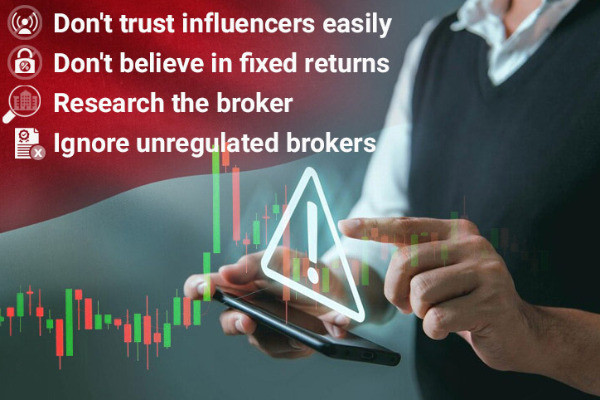
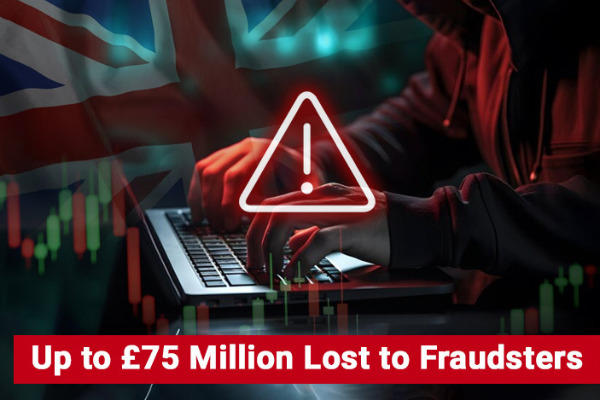
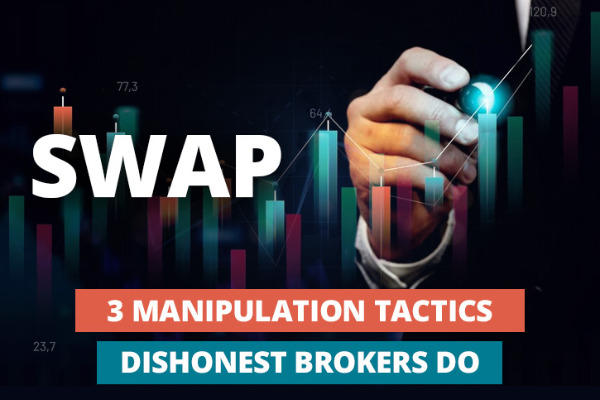
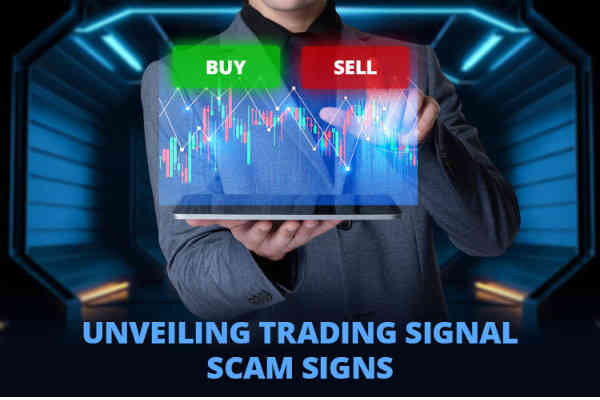
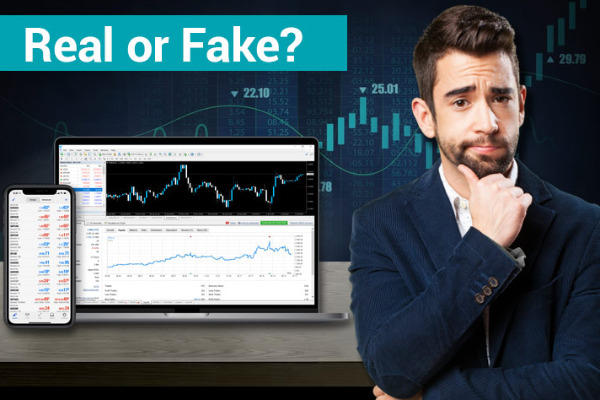
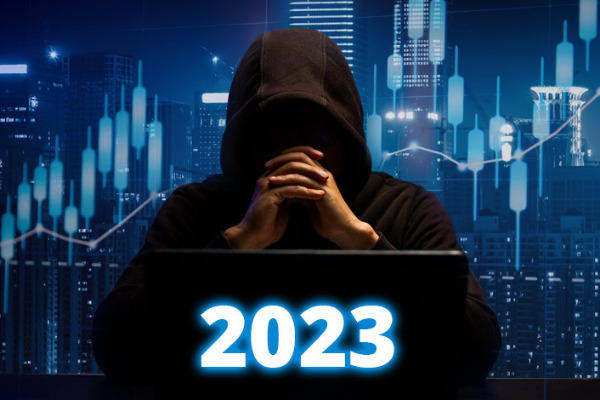

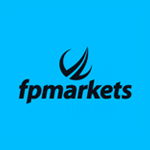

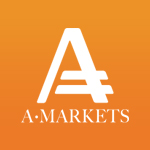
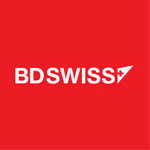

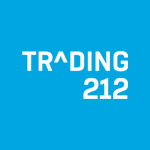

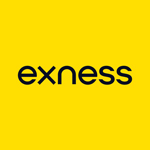
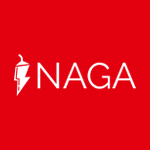



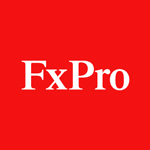

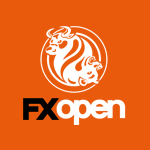
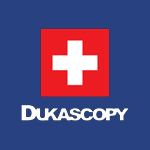
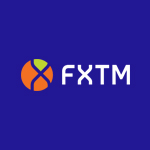
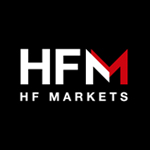

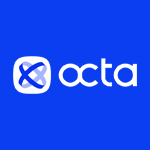

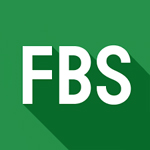
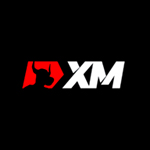

3 Comments
Williams
Dec 2 2022
WHY are there so many fake brokers? I mean, is there any government intervention about scams because I always hear about scams: investment, forex, and binary option. These three types of scams have always been heard and their brokers can advertise more aggressively than regulated ones and are said to be more profitable in trading. They also using celebrities to advertise about their scam and it is ridiculous! Many people have fallen into the scam trap and all because they can advertise freely so that people who don't know about forex OR ANY TYPE OF INVESTMENT can be scammed. If there is a report, the government will catch it if there is no report, the government does not seem to want to catch this crook. This type of scam is becoming really problematic in my country.
Jenkins
Jan 28 2024
I have the same question as the previous comment. Why is there such an abundance of fake brokers in the market? I mean, is the government taking any action to combat these scams? Scams related to investments, forex, and binary options are consistently in the headlines. These fraudulent schemes often engage in more aggressive advertising compared to regulated brokers, boasting about being more profitable in trading. To make matters worse, they shamelessly enlist celebrities to endorse their scams – it's just ridiculous! Numerous people are falling prey to these traps because scammers can freely target those who lack knowledge in forex or any form of investment. It's a significant problem in my country, and it's disheartening that the government doesn't seem particularly motivated to apprehend these fraudsters unless there's an official report.
Johan
Jan 31 2024
Fake brokers are all over the market for a few reasons. One big issue is that the government isn't doing enough to stop scams. Scams about investments, forex, and binary options are always in the news, and these scammers take advantage of weak rules to advertise a lot. They claim they can make you tons of money. It gets even crazier because they get celebrities to say it's all legit.
The promise of big profits and their tricky ads make it tough for people, especially those who don't know much about forex or investing, to spot the scams. This has led to lots of folks getting tricked by these schemes. And catching these scammers is not easy for the government because they usually operate online, outside the countries they're scamming. It's hard to trace and track them. Plus, the affected countries often can't do much because the scammers are out of their jurisdiction.
With so many scammers around, it's important to figure out how to avoid falling for their tricks. Re-read articles like this one and following the tips it gives can help you make a list of things to watch out for.